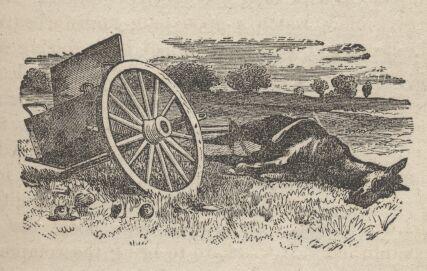One of the first settlements in Nevada, was first known as a stopping place on the Carson River for California-bound pioneers. Coming in from the desert they rested here before continuing westward. In 1849, gold was found at the mouth of Gold Canyon and prospecting began in the canyons to the west leading to the discovery of the fabulous ore deposits of Gold Hill and Virginia City in 1859. The first Pony Express stop was at Spafford Hall’s Station, which is now a gravel pit. The Union Hotel now occupies the 2nd site for the remount station. The free-standing rock wall is the original wall of the Overland Stage Station and Pony Express stop.
(Expedition Utah)
Many historical sources generally agree on the identity of Dayton as a Pony Express stop. In 1859 the Comstock Lode attracted 2,500 people to Dayton and made it a prosperous small town. Dayton had two Pony Express stations. The first existed in a building known as Spafford's Hall Station, which had opened in 1851. Soon after the Pony Express began, the station moved to a new building that also housed stage activities. When Richard Burton visited Dayton on October 19, 1860, he described a town that had already lost the gold-rush excitement of the previous year. A gravel pit now occupies the site of Spafford's Hall Station, and the Union Hotel stands at the second Pony Express station site.
Colder waxed the weather and heavier the rain as, diverging from the river, we ascended the little bench upon which China-town lies. The line of ranches and frame houses, a kind of length without breadth place, once celebrated in the gold digging days looked dreary and grim in the evening gloom. At 5 30 PM we were still fourteen miles distant from our destination. The benches and the country round about had been turned topsy turvy in the search for precious metal, and the soil was still burrowed with shaft and tunnel, and crossed at every possible spot by flumes, at which the natives of the Flowery Land still found it worth their while to work. Beyond China-town we quitted the river, and in the cold darkness of night we slowly began to breast the steep ascent of a long divide.
(The City of Saints, p 495-6)
